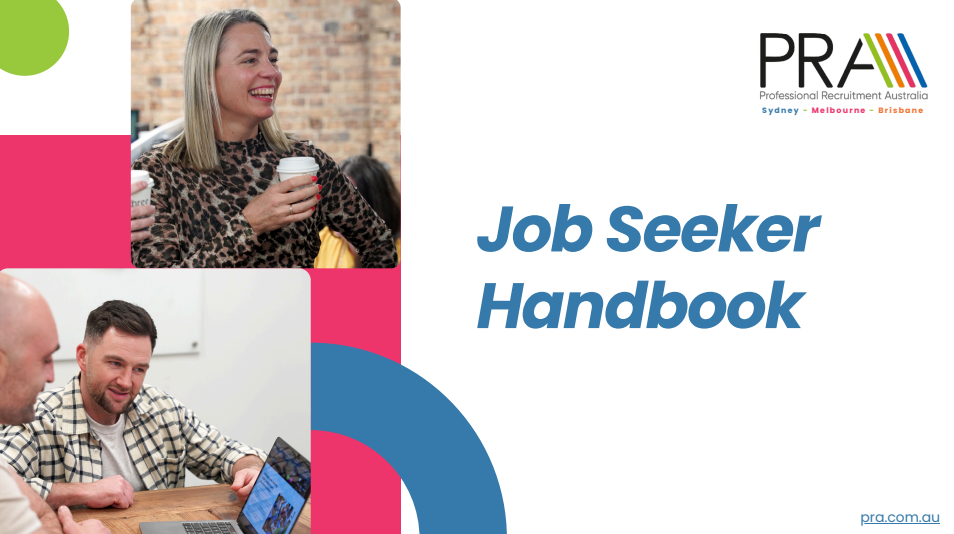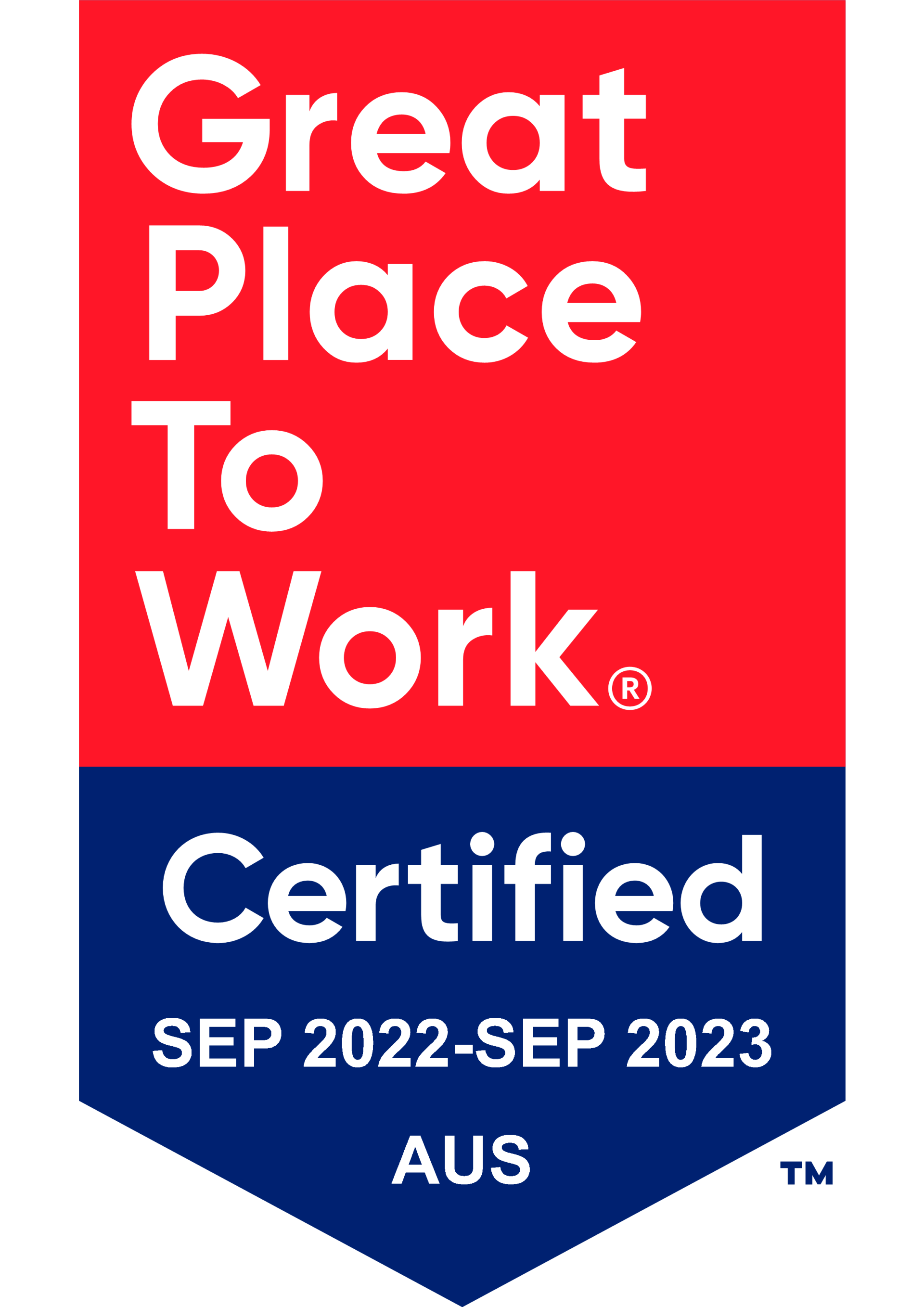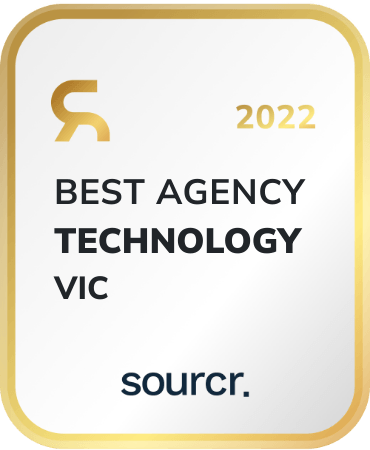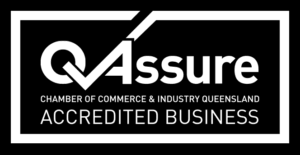How to Resign in the Right Way
Often the thrill of accepting a new job offer is quickly overshadowed by the daunting task of resigning your current position. But quitting your job doesn’t have to be an uncomfortable or challenging process. With some preparation, you can terminate your relationship in a positive way that maintains your reputation and doesn’t burn any bridges within the IT industry. Here are our top resignation tips for leaving your job smoothly and professionally, whilst remaining on friendly terms.
Meet with Your Manager Face-to-Face
Step 1: Book a meeting
Once you’ve made the decision to resign, the first step is to schedule a one-on-one meeting with your manager. If you’re lucky enough to have a close working relationship, they may already know that you are seeking other opportunities or may even have been a referee for your new position. This will make the conversation much easier, and you’ll be able to discuss logistical information such as your proposed leaving date, ideas for a stress-free transition and how to announce the news to your team.
Step 2: Prepare what you’ll say
If, like most people, you think your resignation might be a surprise, write down a few key points in advance so you are fully prepared. For example, consider how you will broach the topic and be ready to openly talk through your key reasons for leaving the organisation. Keep in mind your manager may be caught off guard and have follow-up questions for you.
Step 3: Follow up with an email
After the meeting, send an email tendering your resignation in writing and confirming dates and other points discussed. Make sure you don’t talk to anyone else about your resignation before your manager. The Tech industry is small and you don’t want the news to get out across the grapevine before it’s gone through the appropriate channels.
Leave a Positive Impression
While you are telling your colleagues and friends about your move, your manager will be starting to think about finding your replacement and ensuring that deadlines and projects aren’t impacted. This is where you can show a great deal of professionalism and goodwill, regardless of how you feel about your time with the organisation.
How you leave your job can have a lasting impression on your professional reputation, and while you may not plan to return to the organisation, you may well come across co-workers and stakeholders down the track. With this in mind, making the effort to maintain your professional network is essential – you never know when you’ll be looking again, or even recruiting yourself!
Try to stay as flexible as possible in terms of your transition and handover – this can include being open to negotiating your leaving date to give your company time to recruit a replacement. Support your team in delivering projects up until your last day and try not to leave people in the lurch.
Focus on the positive aspects of your role, including your achievements and skills you’ve learned. You can take it one step further and express gratitude to mentors and colleagues who have made your experience with the organisation a good one. All of these behaviours will leave people with a positive lasting impression of you as a worker and a person.
Be Ready for a Counter-offer
Your manager may make you an immediate counter-offer or ask what it would take for you to stay with the company. Be prepared for this, and remember that you don’t have to provide a response straight away.
Counter-offers can come in the form of salary increases, benefits such as training opportunities or flexible working conditions, and promotions. The question to ask yourself is – why did you have to resign to receive these offers?
If you have a good relationship with your manager and a structured appraisal system, it should be clear what you are looking for in your next career step. In fact, quite often you will have started looking for a new IT job because your company or team weren’t able to fulfil your career goals.
Despite counter-offers being flattering and validating, in the end, you need to remain focused on your own career aspirations. Be open and honest about what you are being offered with the new role and the reasons you started looking for a new position in the first place. After weighing up the pros and cons, you should be ready to accept the counter-offer or, more likely, to thank your manager but advise that your resignation still stands.
Summary
Resigning from a job is often a challenging experience, but that doesn’t mean it can’t go smoothly. Even if you’ve reached a point where you don’t like your job any more, there are often redeeming features to a workplace, such as your colleagues or the projects you have delivered.
Planning how to resign in a professional way means you can finish your final weeks with grace, dignity and your head held high. This will stand up well in terms of how others view you and will enable you to leave the job on a positive note.
If you’re looking to make your next move, talk to our team of IT recruitment specialists at PRA.


